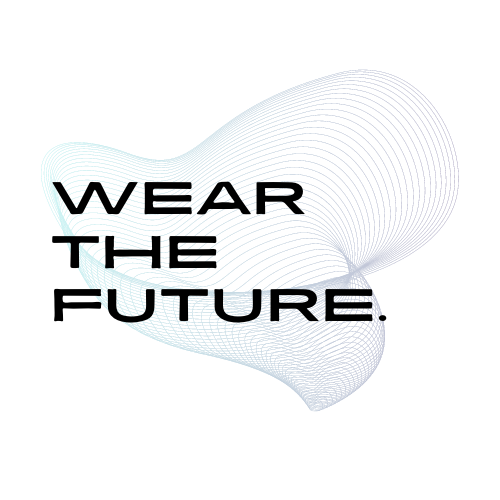Why Design Prevails in Marketing
One might think that marketing is the most powerful advertising tool… However, some experts have noticed that companies too often underestimate the force of a powerful design.
From Ikea to Apple to Converse to Polaroid, iconic brands have been continuously innovating and rebranding themselves and reaching new audiences with bold designs.
As it turns out, nothing replaces a good product… As long as brands make an effort to properly execute the design.
The War on Communication
Social media outlets have become the primary source of marketing for most companies regarding advertising. According to AdStage, companies should double their spendings in social media ads, from 9% today to 18% in five years. Moreover, marketing represents almost 20% of a company’s overall budget, a proportion that has consistently grown since 2011.
“I receive messages from people who are looking for advice as they are planning to open a restaurant. Most of the time, the first thing they mention is their communication plan… Even before the menu!”, said Cathy Closier, founder of Season restaurant on Slate.
But what happens when a company spends more time thinking on its advertising strategy than its product development?
Could a push on “good” design be the answer? Statistically, yes. Design is what showcases your visual identity and your universe- more specifically, your message and intention. According to Adobe, design-driven companies have outperformed the S&P Index by 219% over ten years.
13 of the 2014 Fortune 125 companies have executive-level positions or CEO support for design, and more than 70% of companies report creating ten times the number of assets today than just a few years ago.
Is Good Design Better Than A Good Ad?
According to former Ikea Design Manager Marcus Engman, design is “an alternative to marketing. If you work with design and communications in the right way, that would be the best kind of marketing, without buying media.”
Indeed, studies have proved that having a good design drives more sales than a classic magazine ad.
Last year, Procter and Gamble admitted they spent too much on their communication campaigns with a total amount of $140 million, because of “ineffective ads.”
For smaller businesses, making a good impression is hard: according to a study by Google, it only takes from 17 to 50 milliseconds for a client to form an opinion on a company, just by looking at the design of the company’s website. So, how can you get a chance to increase your audience?
Transparent Design Will Get You
New Customers
For designers, disclosing the manufacturing process is key to building trust with their consumers. That way, companies often use social media (more often, Instagram) to disclose details of new products and features while they are still in the process of being made.
Starbucks gives sneak previews of new beverages on their Instagram Stories, and Polaroid recently asked its customers to vote on the look of the next camera across social media, the results seem to validate that customers like to be engaged in the process of design. One may even conclude with this research, that consumers feel more a part of the product and thus, feel more invested.
“More and more people are interested in how things are made,” says Ikeas’ Engman in an interview for Fast Company. As a matter of fact, according to a poll by Lyfe, more than 76% to 82% of the respondents agreed that brand loyalty builds trust, which builds brand awareness and drives sales.
In a society where transparency has become a given for any company’s success, it seems that the more companies give insights on their design production the greater their brand loyalty becomes.



